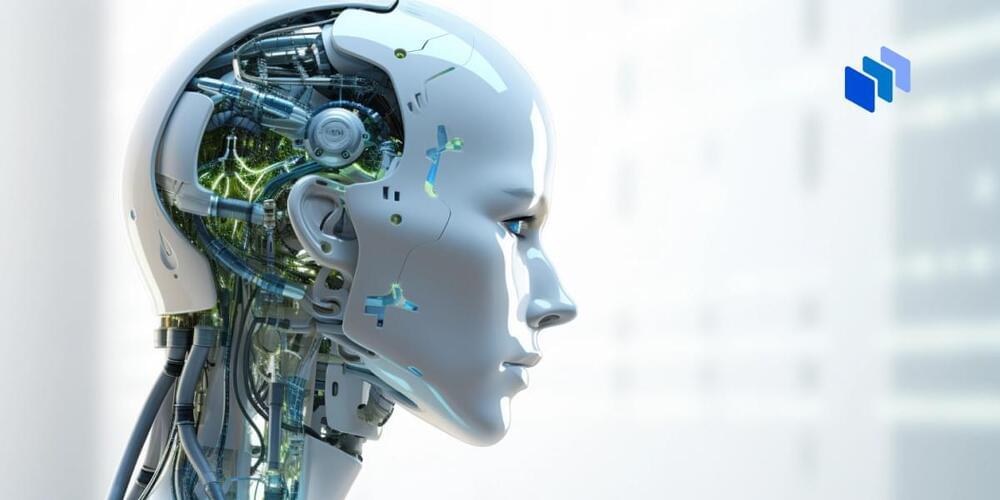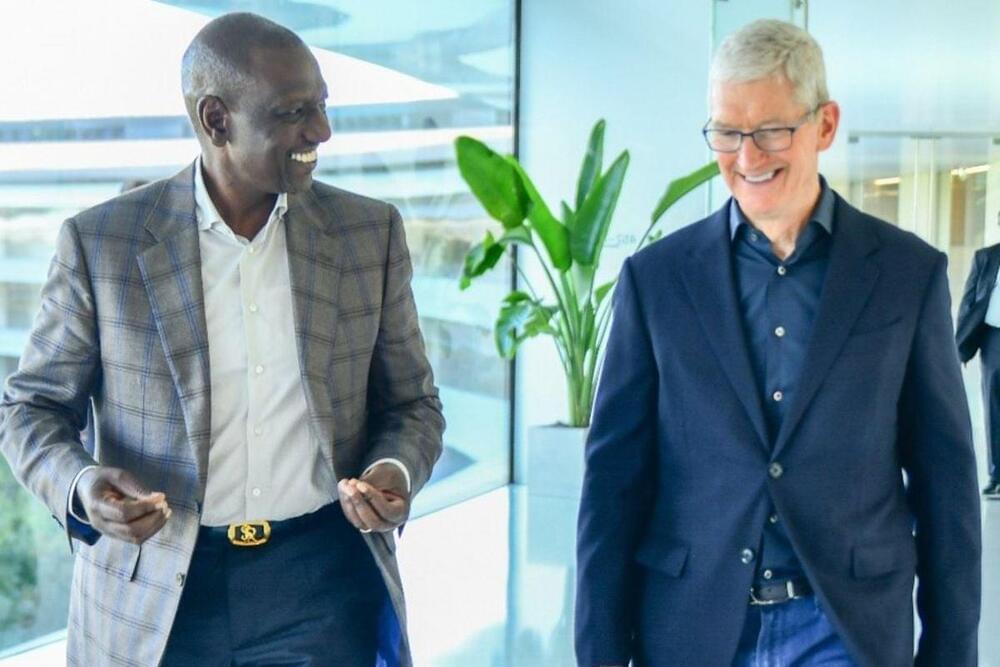Automation Anywhere, the leader in intelligent automation, announced a historic expansion of its Automation Success Platform, enabling enterprises to accelerate their transformation journeys and put AI to work securely throughout their organizations. Automation Anywhere’s new tools and enhancements deliver AI-powered automation across every team, system and process. During Imagine 2023, the company unveiled a new Responsible AI Layer, and announced four key product updates including the brand-new Autopilot, which enables the rapid development of end-to-end automations from Process Discovery, using the power of generative AI. The company also announced new, expanded features in Automation Co-Pilot for Business Users, Automation Co-Pilot for Automators, and Document Automation.
“The combination of generative AI and intelligent automation represents the most transformational technology shift of our generation,” said Mihir Shukla, CEO and Co-Founder, Automation Anywhere. “Every company, every team, every individual will be able to re-imagine their system of work and automate the processes that hold them back. Great people, empowered with AI and intelligent automation will be absolutely transformative to their organizations as they increase their productivity, creativity and accelerate the business.”







